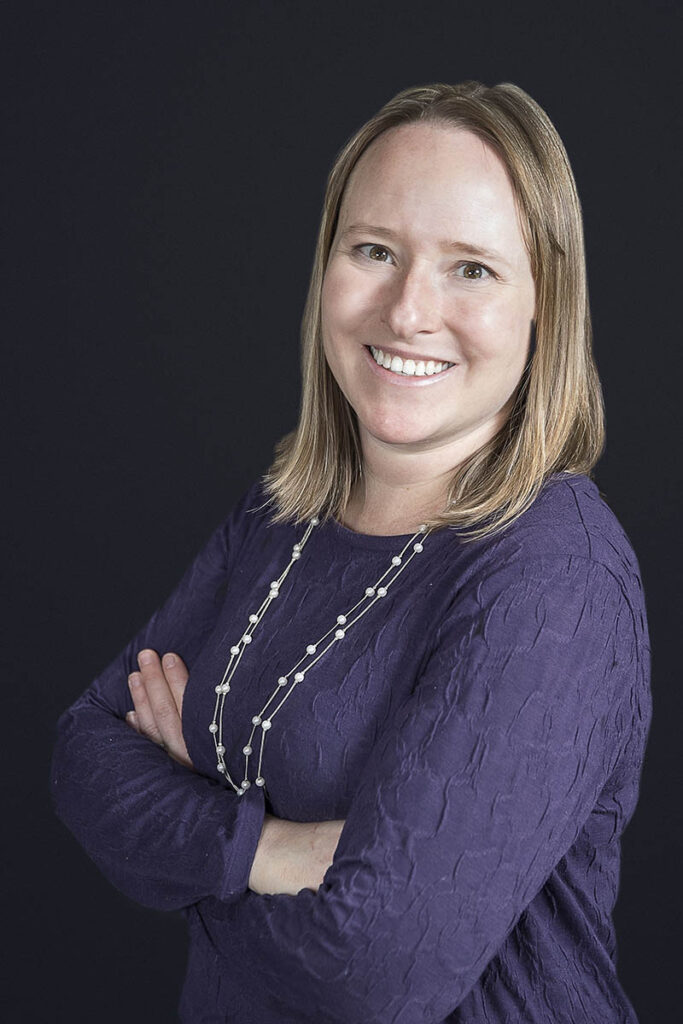Christine Thomas ’01, Fox Professor and vice chair of graduate studies in the Department of Chemistry and Biochemistry at Ohio State University
By Bryan Hay
As a research scientist, Christine Thomas ’01 (chemistry) loves being at the forefront of scientific discovery where every day in the lab offers another puzzle to solve and another opportunity to push the boundaries of contemporary chemical knowledge.
The Fox Professor and vice chair of graduate studies in the Department of Chemistry and Biochemistry at Ohio State University, Thomas researches the design of catalysts that can enable reactions that transform naturally abundant resources such as hydrocarbons, carbon dioxide, and other small molecules into useful fuels and chemical feedstocks.

Christine Thomas ’01
“Catalysts enhance the rate of reactions, allowing chemical transformations to occur under milder conditions—lower temperature, less energy input—and with great selectivity for the desired product,” she says. “While many catalysts used in existing industrial processes and products, such as fuel cells and catalytic converters, use precious metals such as platinum, palladium, iridium, or rhodium, the catalysts my research group is developing take ‘green’ chemistry one step further by designing catalysts comprised of Earth-abundant and less toxic transition metals such as iron, cobalt, zirconium, and titanium.”
The net result will be more sustainable catalyst technologies for chemical processes that are relevant to both alternative energy technologies and industrial production of commodity chemicals, Thomas notes.
“I love working on projects that tackle big problems and could have a global impact, but what motivates me the most is that along the way we get to have a lot of fun making fundamental scientific discoveries,” she says. “Almost every transition metal compound my students make is something that no one else in the world has ever made before, allowing us to uncover new properties and sometimes even new concepts that can’t be found in textbooks.”
Her STEM-influences coursework in Lafayette’s chemistry department provided her with the solid foundation needed to succeed in graduate school and jump-start her own career in academia.
“More importantly, I was fortunate that Lafayette provided me with the opportunity to participate in undergraduate research, where I received exceptional one-on-one mentorship from my research adviser, Dr. Chip Nataro,” Thomas says. “In Dr. Nataro’s lab, I learned many of the skills that are still the foundation of my research today.”
Read about other STEM Stars.
